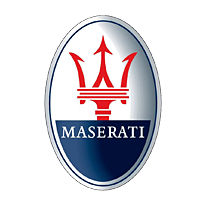Maserati A6 for sale

Maserati was founded in Bologna in 1914 by the Maserati brothers, Alfieri, Bindo, Ernesto and Ettore. The first car to wear the now-legendary Trident emblem was the Tipo 26, which won its debut race (the 1926 Targa Florio) with Alfieri Maserati himself at the wheel. The brand’s rich motorsport heritage makes it one of the most prestigious manufacturers in the world. Today, the Fiat-owned Maserati brand builds luxurious sports cars, and regularly exchanges technology and expertise with sister brand Ferrari.
Read the latest articles about Maserati A6
5 Maserati A6 for sale
All items have been loaded
